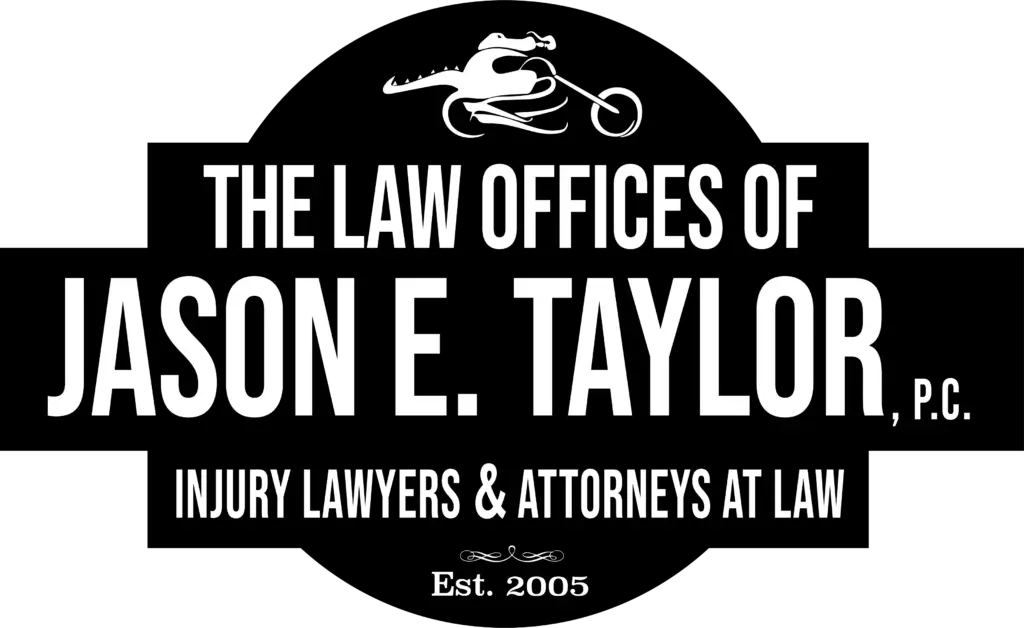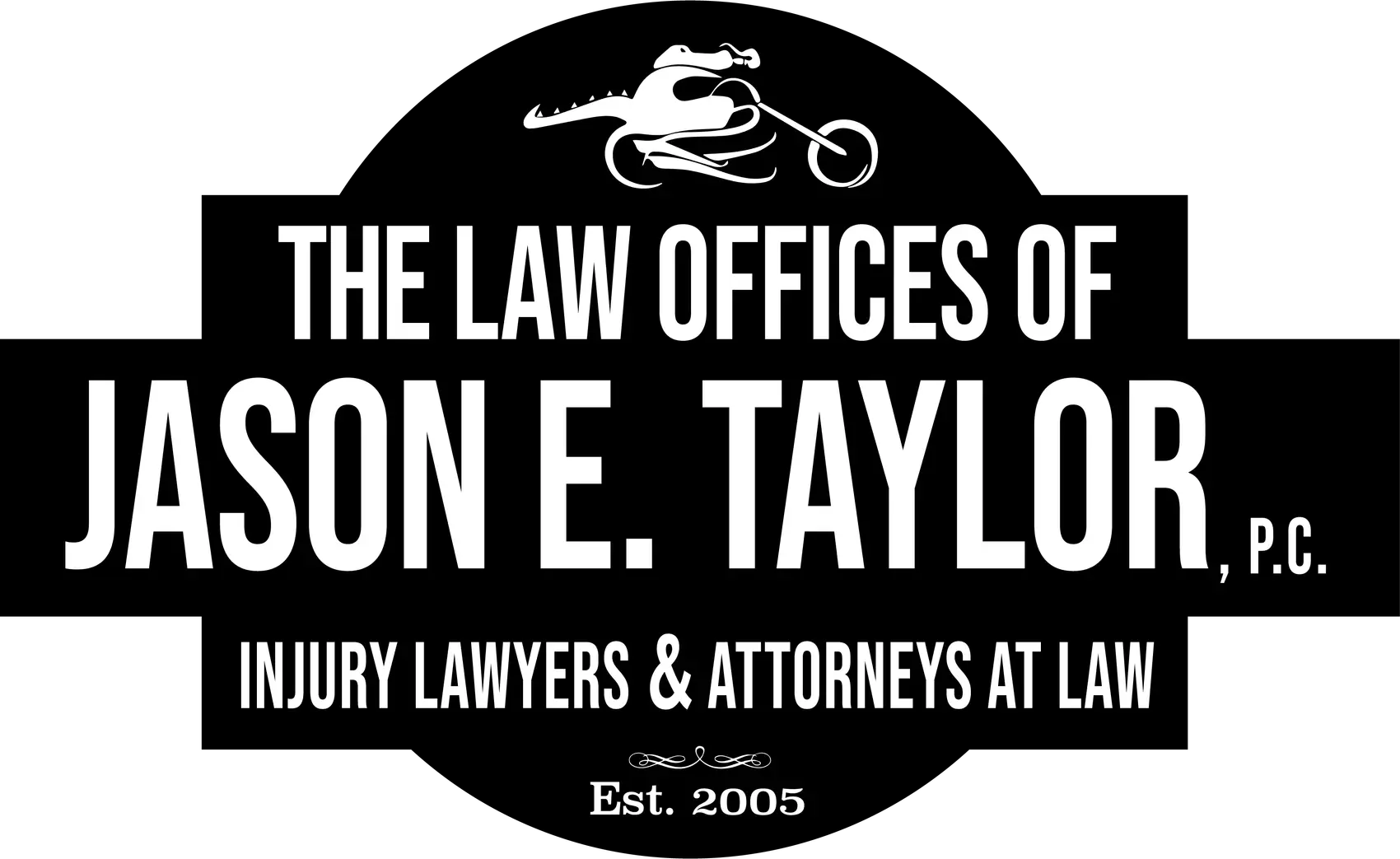What is the Statute of Limitations for Personal Injury Claims in SC?
Consider the statute of limitations as a ticking clock; it’s essentially the time limit within which an individual can legally file a lawsuit for a personal injury claim. These time constraints are set by state law and can significantly vary depending on the nature of the claim and the state in question.
In South Carolina, according to the personal injury statute of limitations, you have three years from the date of the accident to file a lawsuit against the at-fault party.
You Deserve an Experienced Personal Injury Attorney to Help With Your Personal Injury Claims
In the face of a personal injury, it’s crucial to have a knowledgeable and experienced advocate on your side. The Law Offices of Jason E. Taylor offers comprehensive legal support throughout the process of your personal injury claim. Our team is deeply familiar with the complexities and nuances of South Carolina’s personal injury statutes, and we are committed to helping you navigate this challenging time. Don’t wait until it’s too late; contact the Law Offices of Jason E. Taylor to explore your legal options with a personal injury lawyer today.
What Does the Statute of Limitations Mean for My Personal Injury Case?
The statute of limitations in South Carolina creates a strict filing deadline for personal injury claims. This means that if you’ve suffered an injury due to someone else’s negligence, you have a three-year window from the date of the injury to initiate a lawsuit. If you fail to file your personal injury claim within this time frame, South Carolina courts will likely refuse to hear your case, which means you forfeit your right to seek compensation for any damages suffered. It’s crucial to understand this timeframe and act within it to ensure your right to a legal remedy is upheld.
What is the Official Starting Date for South Carolina’s Statute of Limitations?
The official starting date of the South Carolina statute of limitations is the date on which your injury occurred. For example, if you were injured in a car accident on June 1, 2021, then your three-year window for filing a claim would begin on that date.
Are There Exceptions?
Yes, there are exceptions to the general three-year rule for personal injury cases in South Carolina. Notably, in situations where the injury is not immediately evident, such as cases involving exposure to harmful substances or instances of medical malpractice, the harmful ramifications may not come to light until much later. Under these conditions, the statute of limitations clock does not commence from the date of the injury-instigating incident but rather from the date the injury is discovered or should have been discovered with reasonable diligence. This exception plays a crucial role in ensuring that justice can be sought even in cases where the injury’s nature inherently delays its discovery.
Why Should You File a Claim Right Away?
Three years may seem like a substantial amount of time, but when it comes to personal injury cases, it’s beneficial to file your claim as soon as possible. Here are some reasons why it’s advantageous to act promptly:
Evidence Preservation:
The more time that passes, the greater the risk that crucial evidence may be lost, damaged, or become less reliable. Immediate action helps preserve vital evidence and witness recollections.
Legal Preparation:
Filing early gives your legal team ample time to prepare a robust case. They can conduct a thorough investigation, gather evidence, interview witnesses, and strategically plan for negotiation or litigation.
Medical Records:
Prompt filing ensures your medical records accurately reflect the injuries sustained and treatments required as a result of the accident. These records serve a critical role in substantiating your claim.
Financial Relief:
The sooner you file your claim, the sooner you may be able to obtain compensation for medical bills, loss of income, and other damages suffered due to the injury.
Witness Recall:
Witnesses’ memories tend to be fresher closer to the event. Filing sooner ensures their testimonies are more accurate and credible.
Negotiation Time:
An early filing provides adequate time for your lawyer to negotiate a fair settlement before contemplating a trial.
Peace of Mind:
Initiating the legal process early can give you peace of mind and allow you to focus on recovery.
Time is of the essence when it comes to personal injury claims. By taking swift action, you enhance the possibility of a favorable outcome in your pursuit of justice and compensation.
How Can Our Personal Injury Lawyers Help?
Our team of esteemed personal injury attorneys can assist you in various ways:
Case Assessment: We evaluate the details of your situation to understand the merits of your personal injury claim.
Evidence Collection: Our team meticulously collects and preserves all relevant evidence to build a strong case.
Expert Consultation: We collaborate with medical, forensic, and other experts to substantiate your personal injury lawsuit.
Claim Filing: We handle all the paperwork and meet all the required deadlines to file your claim.
Negotiation: We negotiate with the insurance companies and at-fault parties to secure a fair settlement.
Litigation: If negotiations are unsuccessful, we are fully prepared to take your case to court and advocate for your rights.
Compensation: We strive to obtain maximum compensation for all damages suffered, including medical bills, lost wages, emotional distress, and more.
Legal Advice: We provide you with clear, professional advice at each step, ensuring you’re fully informed about the legal process.

Contact The Law Offices of Jason E. Taylor For a Free Consultation Today
Don’t let the statute of limitations deprive you of your right to justice and compensation. The Law Offices of Jason E. Taylor is here to assist with all aspects of your personal injury case, removing stress and ensuring that your rights are fully protected. Contact us today for a free consultation and learn more about how we can help you pursue financial relief for your injuries.





